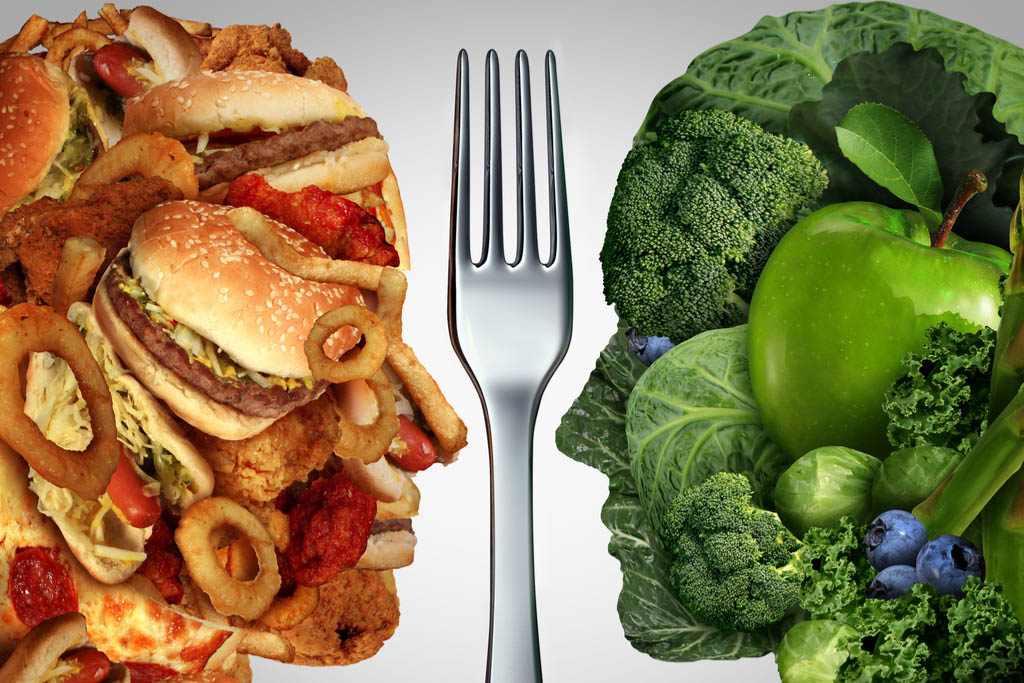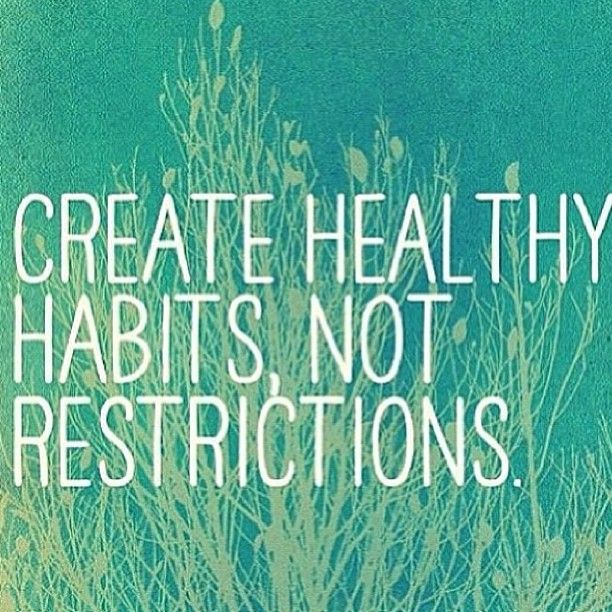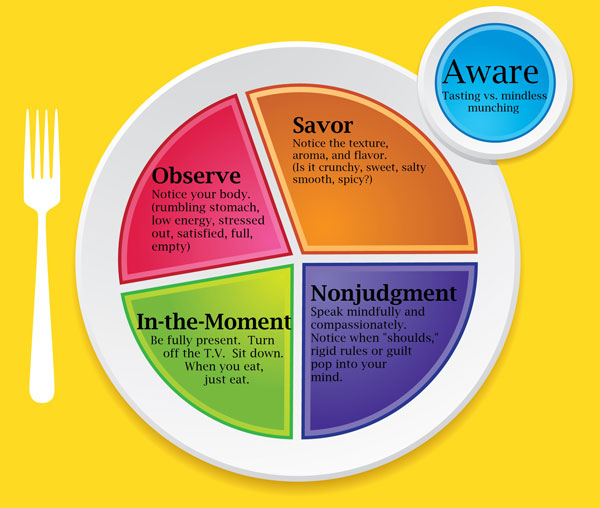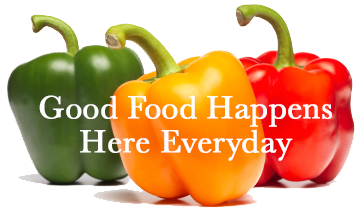
Why are we so addicted to junk?
WHY ARE WE SO ADDICTED TO JUNK FOOD?
According to the US Food and Agriculture Organization, across the world, the average person consumes about 53 pounds of sugar each year. In industrialized countries, that number is as high as 73 pounds of sugar per person per year. The United States sugar consumption is currently close to 160 pounds per person per year.1
That’s almost a half pound of sugar per human each day! WTH!? What the health?!
No wonder so many people are addicted to junk food, have difficulty losing weight and can’t break the cycle of poor eating. Let’s take a look at how sugar affects our brain, body and health, so that we can understand the addiction cycle and eventually break free from it.
Studies have shown that foods high in sodium, sugar, and fat are likely to trigger food addiction and over-eating; due to the way they act on the brain’s reward system.
When we eat something that’s high in salt or sugar, it triggers a surge of chemicals that controls pleasure in the brain; such as dopamine and serotonin.2 We feel instantly gratified, which feels great but this doesn’t last long, so we end up eating more to retain that high. The dopamine and serotonin levels start to drop pretty quickly after consuming processed foods and this is how the cycle of junk food addiction begins.
The more processed a food is, the more habit-forming it will become. As with any addictive substance, increased amounts are needed over time to satisfy cravings and avoid symptoms of withdrawal.3 But you can break this cycle, so don’t dismay. It will take patience, time and the desire to change how you eat. It will be well worth the pay off when you see how much better you will feel. I believe a lot of people don’t realize how bad they feel while others don’t know how good they can truly feel.
Highly processed foods, such as sugar and flour, have the greatest impact on our brains because they dramatically raise blood sugar. This roller-coaster ride of high and low blood sugar helps to drive the cycle of addictive eating. In addition to impacting blood sugar, some foods can have morphine-like effects on the brain. Dairy products contain caseomorphins and wheat and other gluten grains contain gluteomorphins. In some people, these opiate-producing foods can become addictive and some individuals experience severe withdrawal symptoms when they stop eating them. To add to the problem, body mechanisms that normally tell us we are no longer hungry can be overridden by enticing combinations of flavor enhancers, artificial food coloring, additives, and sweet, floury, milky foods containing unhealthy fats. We know now that these foods can change brain chemistry, leading to cravings and driving the compulsion to overeat.4
The most important thing for you to do in order to break free from food cravings is to stop eating processed foods. Of course, it will not be easy at first but you can do this.
I speak from experience in having gone from a diet of Doritos, diet coke and iceberg lettuce to removing all chemicals, preservatives and additives. Yes, I had headaches and it was a rough few weeks but then I began to feel better each and every day after that. I was motivated and really amazed by how good I started to feel. Once you experience it yourself, you’ll wish you did it a long time ago.
In order for you to obtain nutritional balance, you will need to replace processed foods with nutritious and delicious whole foods. Eating nutrient-dense foods with a focus on balance, moderation and variation will be essential to diminishing and eventually ridding yourself of physical food cravings. It is possible to re-balance your brain chemistry and be free from the addiction to processed foods. You just have to want it and do it. If you have the desire to change, it’s never too late. What are you waiting for?
References:
1. Oliveira, R. (2016, April 7). The Real Truth About Sugar. Retrieved April 08, 2016, from http://ucdintegrativemedicine.com/
2. 3. 4. What is food addiction? (2012). Retrieved April 08, 2016, from http://foodaddictionresearch.org/question-and-answer/what-is-food-addiction/#relatedResources/









